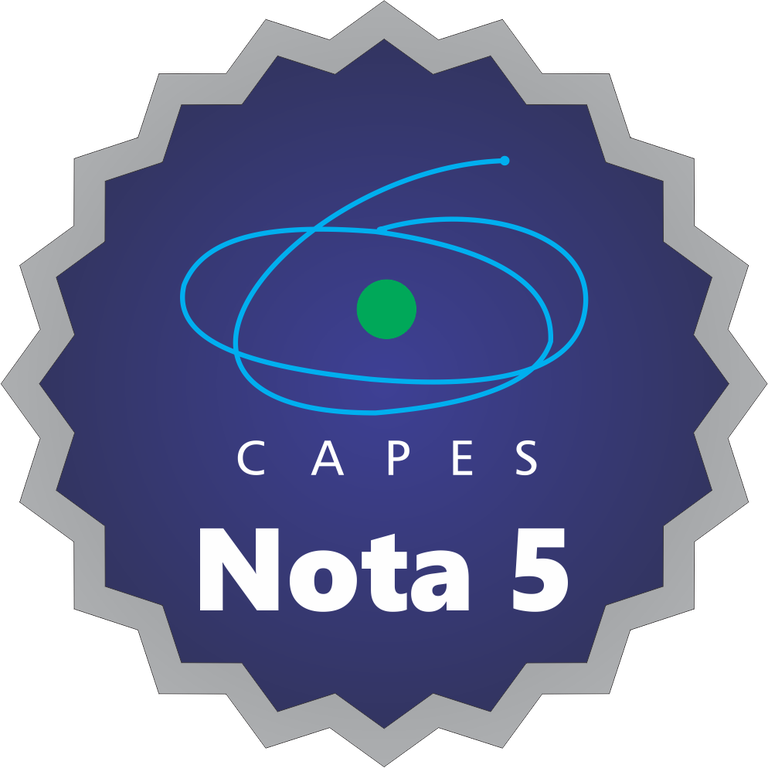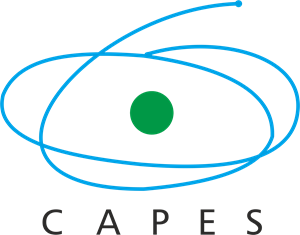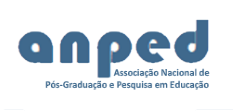About the Program
The Postgraduate Program in Education (Programa de Pós-graduação em Educação-PPE) of the State University of Maringá (Universidade Estadual de Maringá-UEM) was created in 1990 with the purpose of contributing to the understanding of the educational phenomenon as a broad field of research, production, and dissemination of knowledge. Based on the comprehension that education is a human act that expands the superior psychic functions of the subjects and prepares them to act in society and therefore, covers both formal and non-formal aspects of the educational process, the proposal has as one of its main objectives to prepare researchers capable of professing knowledge in a universal perspective.
At that moment, at the initiative of a group of professors from the Department of Fundamentals of Education (DFE), in an agreement with the Education Program of the University of Campinas (Unicamp), the first Master's Course in Education in the interior of Paraná was implanted in the UEM, with a single area of concentration: Fundamentals of Education. This proposal originated from the need to train researchers and teachers of Basic Education and Higher Education in the region.
In 2000, with professors from the Department of Theory and Practice of Education (DTP), a new project was drawn up and the course was renamed the Postgraduate Program in Education (PPE). In this phase, the master's degree was structured based on two areas of concentration: Fundamentals of Education (FDE) and Learning and Teaching Action (Aprendizagem e Ação Docente - AAD).
In 2005, in the quest for greater verticalization, organicity, and integration between the researches developed, the project for creating the Doctorate in Education was drawn up, which having been approved by CAPES in 2006, began to function in the following year.
In 2013, the PPE underwent reformulations and improvements: it sought greater student mobility, improved institutional exchange, also intensified efforts to improve the internationalization process and compliance with the quality standards of Postgraduate Studies in Brazil.
In addition, seeking to ensure greater dynamism and better quality to master's and doctoral programs, carried out detailed evaluation and review of its regulations, improved the system of opening vacancies in all research lines, with changes in the annual selection process, as well as in its curricular components in order to improve the process of training our students.
In the reformulations promoted over time, the assumption was maintained that education covers the processes of production and transmission of socially constructed knowledge. With such a guiding principle, the training proposal offered by the program pervades theories and concepts that underpin school and non-school education, the structure and organization of the education system, public education policies and teaching-learning processes. These aspects are dealt with in their historical manifestations and with the purpose of designing alternatives for concrete action in education.
In the current arrangement, the program with only one area of concentration called "Education", is articulated by three lines of research. In spite of having specific characteristics and contents, these lines dialog amongst themselves and, based on an interdisciplinary posture, constitute a unit that provides comprehensive training for the researcher in Education, favoring the construction of a broad vision of what the historical subject is and their educational processes.
Below, the lines of research in progress are described, such as the general objectives of the program, the general rules for its functioning, and also some information about the program's situation in the CAPES evaluation system.
GENERAL OBJECTIVES:
- To train researchers who react to the research needs of the educational field in conjunction with the various areas of knowledge;
- Enable, through the research lines of the Program, the production of scientific knowledge in the area of Education.
Other objectives are equally important:
- a) analyze the educational phenomenon in its relation to the historical process of work;
- b) discriminate or recognize the theoretical parameters that have supported the explanations of the educational phenomenon in the historical process;
- c) analyze the inherent contradictions of the theoretical-methodological matrices used, evaluating their practical directions;
- (d) investigate contemporary pedagogical concepts and practices;
- e) understand teacher education in relation to school education;
- f) analyze learning and human development processes in their connection with school education;
- g) Discuss the fundamentals of the policy, with emphasis on education, focusing on planning and management in education and its relations with the historical context.
PROGRAM ORGANIZATION:
Concentration Area:
- Education
Master in Education
Minimum deadline to complete the course: 12 months
Maximum deadline to complete the course: 24 months
Student profile: The Master’s degree will train professionals for research in education and teaching at the various levels of education, above all, in higher education, as well as for other performances in institutions or agencies that deal with education.
Doctorate in Education
Minimum deadline to complete the course: 24 months
Maximum deadline to complete the course: 48 months
Student profile: The doctor who graduated from the PPE/UEM, besides the characteristics indicated for the master, should present intellectual and investigative autonomy, the ability to foster and guide research groups, as well as propose alternatives for analysis and action in the field of education.
POSITION IN THE CAPES EVALUATION SYSTEM
The information presented in the document - triennial "collection" (2010-2012) - shows that the general perspectives of the Program's quality are excellent since the goals set have been achieved through actions that have the effective participation of the Program's faculty.
The results obtained and disseminated by the program show that the general guidelines established for Post-Graduation in Brazil are being fulfilled, especially with regard to the greater articulation between the lines of research, curricular structure, research projects and their published products; to the improvement and expansion of the levels of teaching and student production conveyed in books and national and international scientific periodicals.
The PPE, through its Academic Board, promotes a procedural and continuous evaluation and based on establishing goals and actions, seeks to meet the regional demands of postgraduate teacher training. The faculty, guided by the parameters established by Capes for the area of Education, discusses the problems, prospects and demands of the Program.





